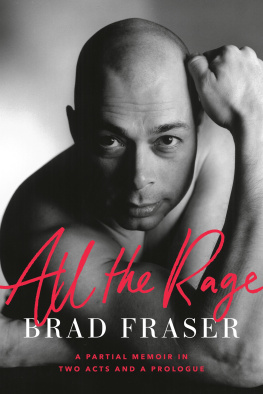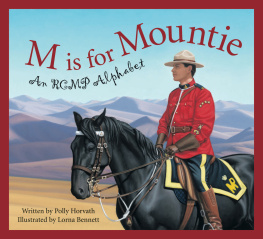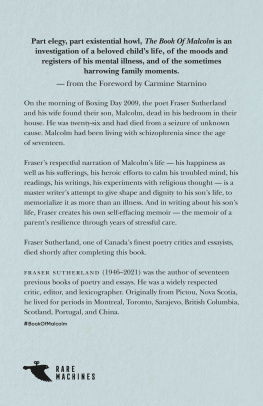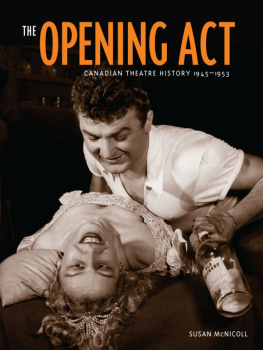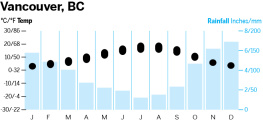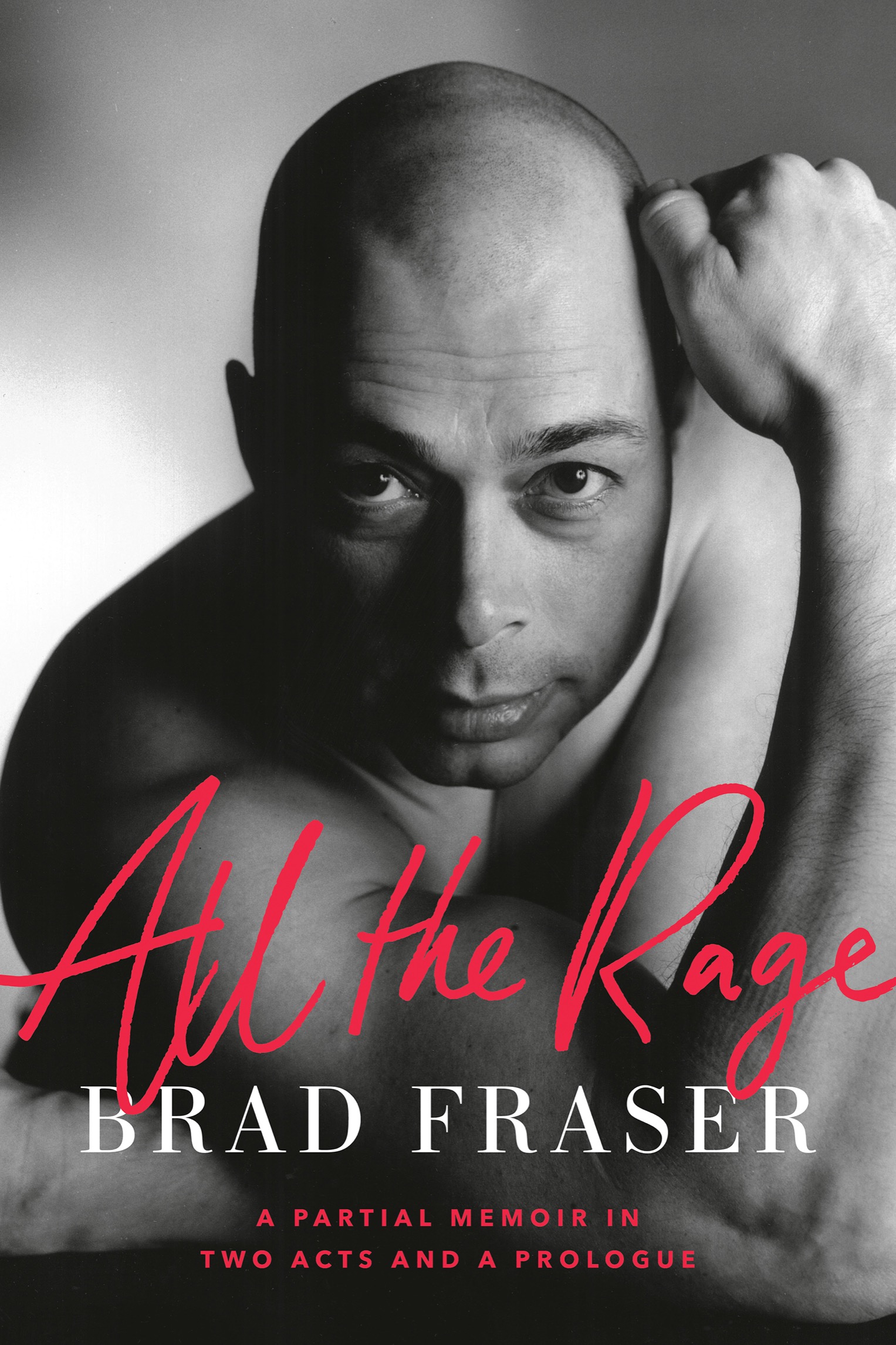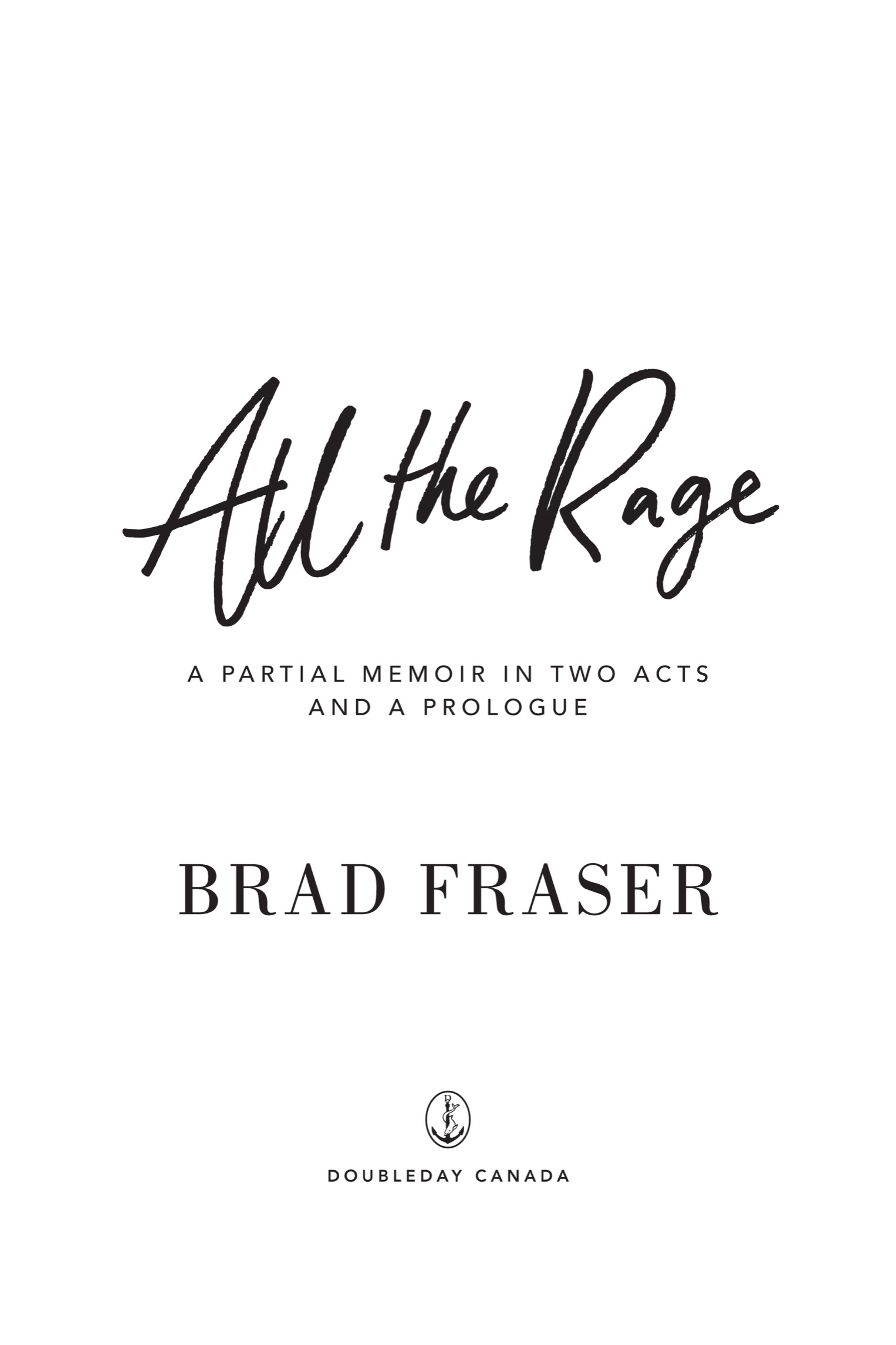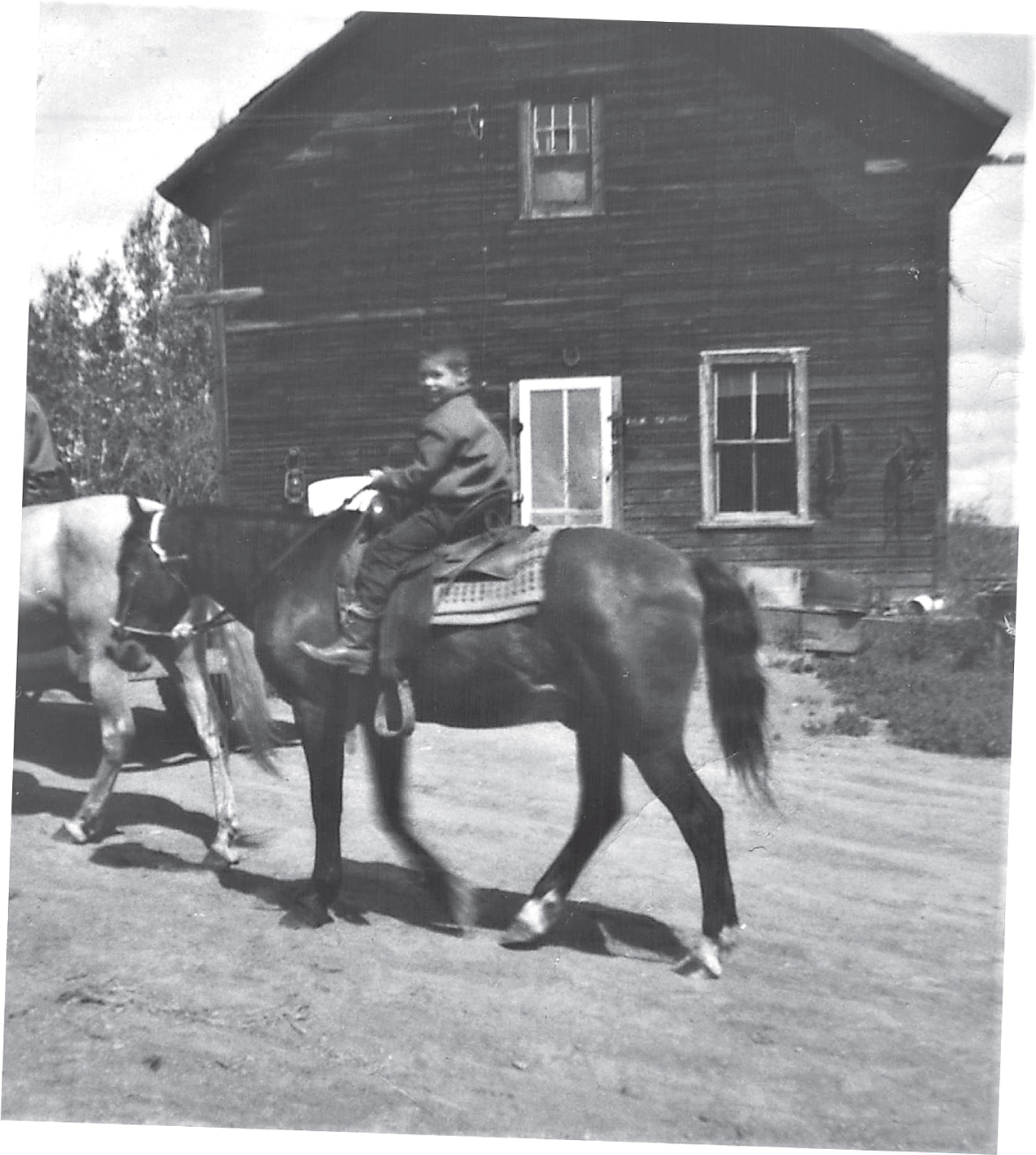Contents
Landmarks
Print Page List
Copyright 2021 Brad Fraser
All rights reserved. The use of any part of this publication, reproduced, transmitted in any form or by any means electronic, mechanical, photocopying, recording or otherwise, or stored in a retrieval system without the prior written consent of the publisheror in the case of photocopying or other reprographic copying, license from the Canadian Copyright Licensing Agencyis an infringement of the copyright law.
Doubleday Canada and colophon are registered trademarks of Penguin Random House Canada Limited
LIBRARY AND ARCHIVES CANADA CATALOGUING IN PUBLICATION
Title: All the rage / Brad Fraser.
Names: Fraser, Brad, 1959- author.
Identifiers: Canadiana (print) 2021013206X | Canadiana (ebook) 20210132205 | ISBN 9780385696371 (hardcover) | ISBN 9780385696388 (EPUB)
Subjects: LCSH: Fraser, Brad, 1959- | LCSH: Gay dramatistsCanadaBiography. | LCSH: Gay liberation movementCanada. | LCSH: GaysCanadaHistory. | LCSH: GaysCanadaSocial conditions. | CSH: Dramatists, Canadian (English)Biography. | LCGFT: Autobiographies.
Classification: LCC PS8561.R294 Z46 2021 | DDC C812/.54dc23
Cover design: Talia Abramson
Cover photograph: Raoul Josset
Published in Canada by Doubleday Canada, a division of Penguin Random House Canada Limited
www.penguinrandomhouse.ca
a_prh_5.6.1_c0_r0
For Braham Murray, Iris Turcott, Kate Newby, Spencer Schunk and everyone who lost someone to AIDS
AUTHORS NOTE
THIS BOOK IS A WORK OF MEMORY . It has been acquitted to the best of my recollection, which is freakishly good.
Names have been changed in certain cases to forestall possible social or legal repercussions.
Many people who have played profound roles in my life are not mentioned herein. Some might be offended, some might be relieved. Either way, we know what we shared, and perhaps those stories will be told another day.
This memoir was written with the assistance of the Ontario Arts Council.
PROLOGUE: BASTARD BORN
MY MOTHER HAD BEEN SIXTEEN for three weeks when I was born in 1959. My father was eighteen. Theyd met at a dance less than a year earlier. They were two sides of the same coin. Wes was the loud, manipulative bully; Sharon was the quiet, passive-aggressive controller. Neither was what the other needed but they were both what the other wanted. Both had quit school before completing the ninth grade.
Wes Fraser was born and raised in Gainford, Alberta, sixty miles west of Edmonton on the way to Jasper. His father, Fred, was a farmer whom the census listed as a half-breed (Scottish and Cree). Freds mother was a Metis woman who lived in St. Albert, a suburb of Edmonton. She was the last in a long line of Metis women married to Frasers who came to the new country as trappers. Wess mother, Margaret, the first white woman in the Canadian arm of the Fraser line, was of English descent.
Together Fred and Margaret homesteaded in northern Alberta and had four surviving children. Fred would later replace their sod-roofed dwelling with the four-sided sun-blackened pine-board house that was the closest thing I knew to a home in my childhood, as we often stayed there or lived in the one room shack constructed behind the house. My paternal grandparents doted on me as a child and I loved them both, but particularly Grandpa, who called me Monkey Face and would often take me with him in the truck when he had to run errands. Grandpa collected and sold scrap metalthe yard and fields were littered with dead vehicles and farming equipment he would haul away from other farms. When I was very young there were horses, cows, pigs and chickens, but later he got rid of everything but the horses, which were used to take tourists from the nearby town of Seba Beach on trail rides during the summers.
The house was without running water and electricity until 1970 and was just far enough off the road not to have a phone. (Grandpa considered the extra fee for a connection exorbitant.) They cooked on a wood stove and churned their own butter. Water was hand-pumped into buckets and hauled to the house, heat came from a pot-bellied coal heater, and light was provided by coal-oil lamps and candles. There was a smell of animals, outhouses, fresh-baked bread, newly mowed hay and overturned earth. Children ran wild and screamed as loud as they wanted, as did adults, although usually for other reasons. Some of the best and the worst memories of my early life are contained in that house and the acres of bush, fields and sloughs around it.
My mom, Sharon Briscoe, came from the comparatively cosmopolitan city of Edmonton, Albertas capital. She was the fifth child in a family that grew over two decades to eleven. Sharons father, Ernie, was a carpenter and then an administrator in the Alberta carpenters union for most of his career. His own father had deserted his Jewish wife and children after relocating to Alberta. Sharons mother, Mary, was from southern Alberta. She was in her teens when her family moved on a horse-drawn wagon to Edmonton, where she was quickly married off to my grandfather.
By the time I was born Sharons parents resided in the Bonnie Doon neighbourhood. Six of their kids were by then married with kids of their own, and only my two slightly older uncles lived with them. Compared with the Frasers farm, the Briscoe homea bungalow like any other in a working-class neighbourhoodwas palatial. And it had running water and an indoor bathroom.
I did not feel the same love from these grandparents as I did from my fathers side. The Frasers were emotionally volatile, physically tender or violent, and predatorily loving. The Briscoes were self-contained and emotionally distant. Fraser gatherings always ended in physical or emotional violence. Briscoe gatherings ended with relief and no contact. Adding to the requisite teenage drama of an unwanted pregnancy, my fathers family despised my mother and my mothers family despised my father.
Before long they were dating and Wes was taking her out to the farm on weekends. Given the ignorance and fear of sex that permeated both families, its no surprise that Sharon was quickly knocked up.
Contrary to the custom of the day, my father, for reasons known only to him, did not immediately marry my pregnant mother. Instead she was shipped off to one of those institutions that existed in the fifties to help young women deal with the stigma and challenges of an unwanted pregnancy. Wes would bring up doubts about my paternity a few times in my later life, planting an always-nagging seed of uncertainty in my mind. However, if hed truly believed I wasnt his son, then why did he marry Sharon and legally adopt me a few months after I was born? They were joined together at Edmonton City Hall and spent their wedding night in sleeping bags on the floor of Sharons parents unfinished basement. I slept in a makeshift cradle, probably a milk crate or cardboard box, beside them.

